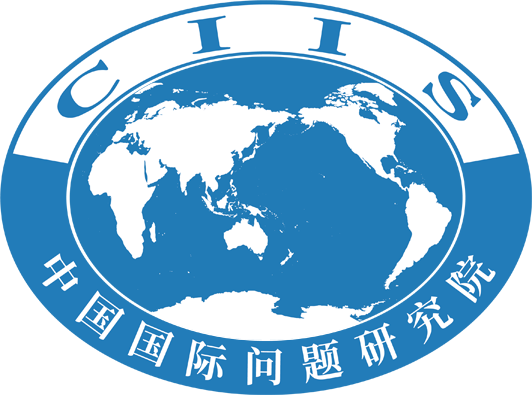As a Chinese civilian unmanned airship accidentally strayed into US airspace in late January 2023, the US side made a big fuss about it: while maliciously fabricating the "spy balloon" narrative and exaggerating the "China threat theory," it even sent a fighter jet to shoot down the Chinese airship. This incident interrupted the process of improving bilateral relations after the Bali meeting in November 2022 between the Chinese and US heads of state, resulting in high-level exchanges between the two countries coming to a standstill, blocking the bilateral agenda in military, science and technology, and plunging bilateral relations into the doldrums once again. It was only after the San Francisco summit between the Chinese and US leaders in November 2023 that the bilateral relationship stabilized.
Now, one year on, we need to learn three lessons from the "balloon" incident on how to build the right way for China and the US to get along with each other in the new era and avoid a recurrence of such incidents.
First of all, China and the US should deal with accidents in the bilateral relationship in a calm, professional and rational manner.
By nature, the "balloon" incident was caused by force majeure and could have been handled appropriately through the normal channels of communication between the Chinese and US governments. However, the US side failed to make good use of these channels, and, without conducting a serious investigation that can provide convincing evidence, labeled the stray Chinese civilian unmanned airship a "spy balloon" and shot it down. This kind of reckless, exaggerated, and irrational behavior reflects Washington's hysteria in dealing with its relations with Beijing and its lack of sincerity in stabilizing and improving China-US relations.
Second, strategic prudence should be maintained to prevent the China-US relationship from being hijacked by domestic politics.
Judging from the development process, the fermentation of the "balloon" incident, to a large extent, is a prominent embodiment of how factors in US domestic politics affect the country's diplomacy. After hitting the headlines, the incident was quickly manipulated and politicized by anti-China hawks as another "Chinese threat to national security." In addition, succumbing to political needs at home, the Joe Biden administration staged a farce in which a US fighter jet shot down the stray Chinese airship. The "balloon" incident has shown us that exaggerating and hyping the "China threat" is not conducive to improving mutual trust and relations between China and the US, nor will it make the US safer.
Third, China and the US should focus on the big picture and establish an objective, rational and accurate understanding of each other.
The reason the "balloon" incident caused such a big stir is fundamentally rooted in US misperception of China, especially based on the Cold War mentality and ideological bias that China is an all-round threat to the US. To this day, some even claim that this incident has taught or reminded the US that China is "perpetually on the offensive, in wartime and peacetime alike." Such a move that ignores the facts and makes unfounded countercharges against China fully demonstrates that the US has long predetermined its position on the incident to fully serve its strategic positioning toward China and the need for containing and suppressing it.
At present, some US forces' perception of China is seriously distorted. According to their logic, whatever China does must be wrong and pose a challenge and threat to US interests, and therefore the US must make a tough response. This misperception will inevitably lead to strategic miscalculation and out-of-control actions, bringing more unbearable consequences to the relationship between the two countries. The US side should abandon its bias against China, avoid unwarranted suspicions and try to understand China objectively and accurately.
This year marks the 45th anniversary of the establishment of diplomatic relations between China and the US. Over the past 45 years, China-US relations have weathered storms and they are still moving forward. The consensus reached by the two heads of state at their San Francisco meeting has pointed out the direction and added momentum to the bilateral relations. As a result, the relationship now has remained generally stable, while showing a positive momentum of steady improvement, which is not easy to come by. Based on deep reflection on the lessons learned from the "balloon" incident, the two sides should effectively adhere to and implement the "San Francisco vision," establish a correct mutual understanding and enhance strategic communication to effectively manage differences. China and the US should work together to promote the stability of their bilateral relations.
(Zhang Tengjun, Deputy Director and Associate Research Fellow at Department for American Studies of China Institute of International Studies. Nie Weixi, research fellow at Department for American Studies of CIIS. Source: Global Times, Feb 1, 2024)



